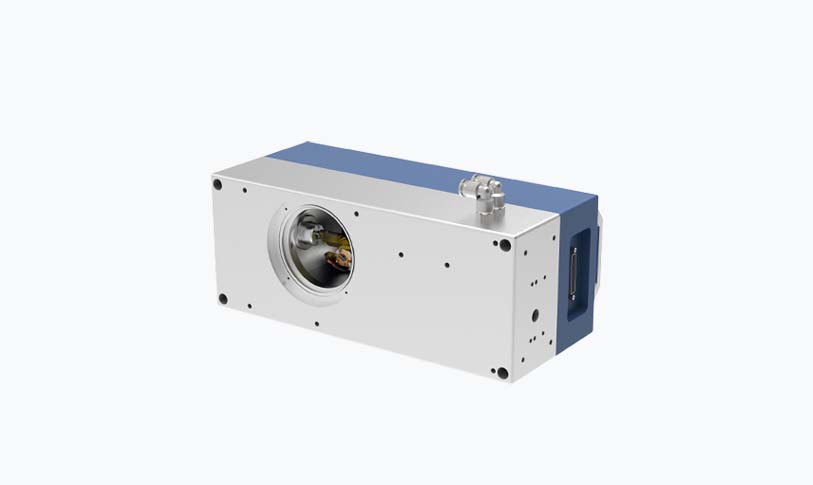
Understanding the Differences Between Intense Pulsed Light and Laser Treatments: Which is More Effective for Your Skin Concerns?
****
In the realm of aesthetic treatments, two popular technologies dominate the conversation: Intense Pulsed Light (IPL) and laser therapy. Both options are designed to address various skin concerns, including pigmentation issues, acne scars, wrinkles, and vascular lesions. However, each modality operates on different principles and serves distinct purposes. In this article, we will explore the key differences between intense pulsed light and laser treatments, helping you make an informed decision for your skin care needs.
**Understanding IPL and Laser Technology**

Understanding the Differences Between Intense Pulsed Light and Laser Treatments: Which is More Effective for Your Skin Concerns?
At the core of their function, both IPL and lasers are light-based therapies that work by utilizing specific wavelengths of light to target various skin conditions. However, they differ significantly in their mechanisms and applications.
**Intense Pulsed Light (IPL)**
IPL uses broad-spectrum light, which means it emits multiple wavelengths simultaneously. This technology allows providers to adjust the settings and tailor the treatment to target a variety of skin concerns. IPL works by passing light through a filter that limits the wavelengths reaching the skin. The light energy is absorbed by pigment and vascular elements in the skin, resulting in the destruction of unwanted cells.
One notable advantage of IPL is its versatility. It can be used for skin rejuvenation, reducing redness, treating pigmentation issues like sunspots and freckles, and even improving overall skin texture. Additionally, IPL treatments generally entail minimal downtime, making it an appealing option for those with busy schedules.
**Laser Therapy**
In contrast, laser treatments use a focused beam of light, with a single wavelength that provides greater intensity and precision. Lasers can be divided into two main categories: ablative and non-ablative. Ablative lasers remove the outer layers of skin and are typically used for more aggressive treatments, such as skin resurfacing and scar revision. Non-ablative lasers, on the other hand, penetrate deeper layers of skin without damaging the surface, making them ideal for targeting collagen production and reducing fine lines.

Understanding the Differences Between Intense Pulsed Light and Laser Treatments: Which is More Effective for Your Skin Concerns?
The precision of laser therapy allows for targeted interventions, making it highly effective for specific conditions, such as tattoos or deeper pigmentation issues. However, the recovery period tends to be longer than with IPL, as ablation can cause redness, swelling, and peeling.
**Efficacy and Treatment Goals**
The efficacy of IPL versus laser treatments heavily depends on the individual’s skin type, condition being treated, and the desired outcome. As mentioned earlier, IPL is generally more versatile and can address multiple issues in a single session, potentially making it a more cost-effective option for patients looking for overall skin enhancement.
On the other hand, if a patient is dealing with a specific, well-defined issue—such as stubborn acne scars or deep wrinkles—laser therapy may yield better results. The precision of lasers allows for targeted treatment, leading to significant improvements when compared to broader-spectrum treatments like IPL.
**Safety and Side Effects**
Regarding safety, both IPL and laser treatments have established safety profiles when performed by qualified practitioners. IPL treatments tend to have fewer side effects due to their non-invasive nature, but patients may still experience temporary redness or swelling. Laser treatments may lead to more significant side effects, including blistering or prolonged redness, especially with ablative lasers.
**Conclusion**
In conclusion, the choice between intense pulsed light and laser treatments ultimately hinges upon individual skin concerns, treatment goals, and personal preferences. IPL offers versatility and minimal downtime, making it a great choice for those seeking an all-in-one solution for multiple skin issues. Conversely, laser therapy provides precision and targeted results, ideal for patients with specific concerns needing more focused and intensive treatment.
Consulting a qualified skincare professional is crucial in determining the most suitable option for your needs. By understanding the unique benefits and limitations of each technology, you can take a significant step toward achieving your desired skin health and appearance. Whether you choose IPL or laser treatments, both modalities have the potential to deliver impressive results when utilized correctly in a customized skincare regimen.co2 lasermachine



